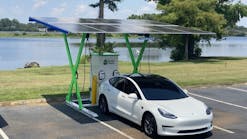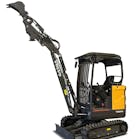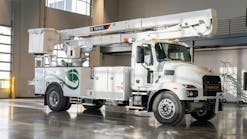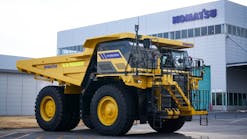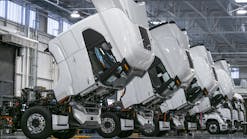United Rentals (URI) has released a white paper outlining the steps it is taking to reduce the environmental impact of its operations and help its customers reduce their carbon footprint.
The white paper, “Sustainability at United Rentals,” details three areas of focus:
United Rentals’ carbon goals
First, the company is looking at its own operations.
- United Rentals has partnered with Ford for electric vehicles for use by the company’s sales, service, and delivery personnel.
- It is adopting more efficient technologies in its buildings and properties to further reduce GHG emissions.
- An employee resource group called Planet United has been created to lead and engage other employees in environmental awareness.
Second, United Rentals is helping its customers create lower-emission worksites without compromising safety or productivity.
- The company continues to expand low- and zero-emissions rental equipment options in its fleet with initiatives with Ford, POWRBANK and Takeuchi, JCB and others.
- United Rentals is working with several manufacturers to add even more environmentally friendly rental equipment to its portfolio, including more electric, dual fuel or hybrid forklifts, aerial lifts and skid steers, as well as solar-powered LED light towers.
Third, United Rentals can help customers reduce their equipment footprint by assisting with strategies, visibility, and tracking.
- Total Control fleet-management system allows customers to track engine hours and use that information to help reduce engine idling. Total Control also tracks utilization that helps users right-size fleets, which can conserve natural resources.
- Total Control Emissions Tracking helps customers monitor and manage environmental impact.
“As a purpose-driven company committed to continuous improvement, United Rentals has set its sights on establishing new, environmentally sound ways of operating,” said Grant Zoldowski, director, environmental management, in a prepared statement. “As an industry leader, we are using our position to support sustainable changes on construction and industrial worksites.”
Source: United Rentals

